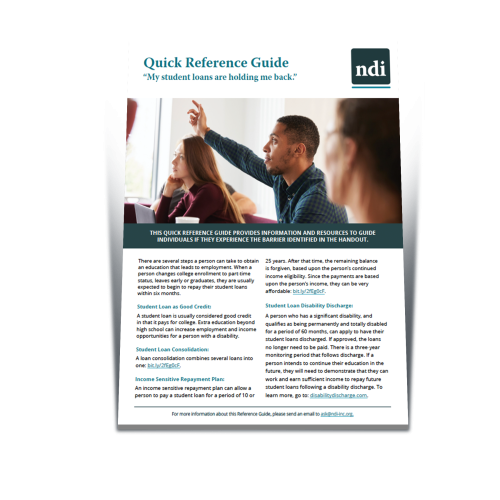Understanding Disability Loans: Their Function and Process
Before applying for a disability loan, it’s crucial to understand all aspects of it, including how it works, who is eligible, potential risks, and what factors can make it beneficial or disadvantageous for your financial situation. A disability loan should only be obtained if you have a clear repayment plan and the means to repay the balance, and it is not a sustainable supplement to disability benefits. It is best to apply for disability loans once you have applied for disability through the SSA, as the loans only serve as a temporary help rather than a long-term solution.
Disability loans are either secured or unsecured personal loans obtainable from banks, credit unions, and online lenders. The interest rates and approval largely depend on your credit score and financial health. It’s important to compare different lenders before applying to find the best offer for your situation.
You can contact SSA for advanced disability payments if you’re experiencing a financial emergency. However, eligibility for these payments depends on the severity of the condition and how likely you are to get approved for disability benefits.
There’s a plethora of alternatives to disability loans such as government assistance, worker’s compensation, cash advances, disability insurance, and loans from family or friends. It’s crucial to weigh these options before resorting to disability loans.
For more information on disability loans and how to apply, do thorough research, and consult a financial advisor if necessary. If contacting SSA seems challenging, there are resources like eddcaller.com offering guidelines on how to reach out. The website informs its users on how to get ahold of edd customer service for matters related to disability loans and benefits.
